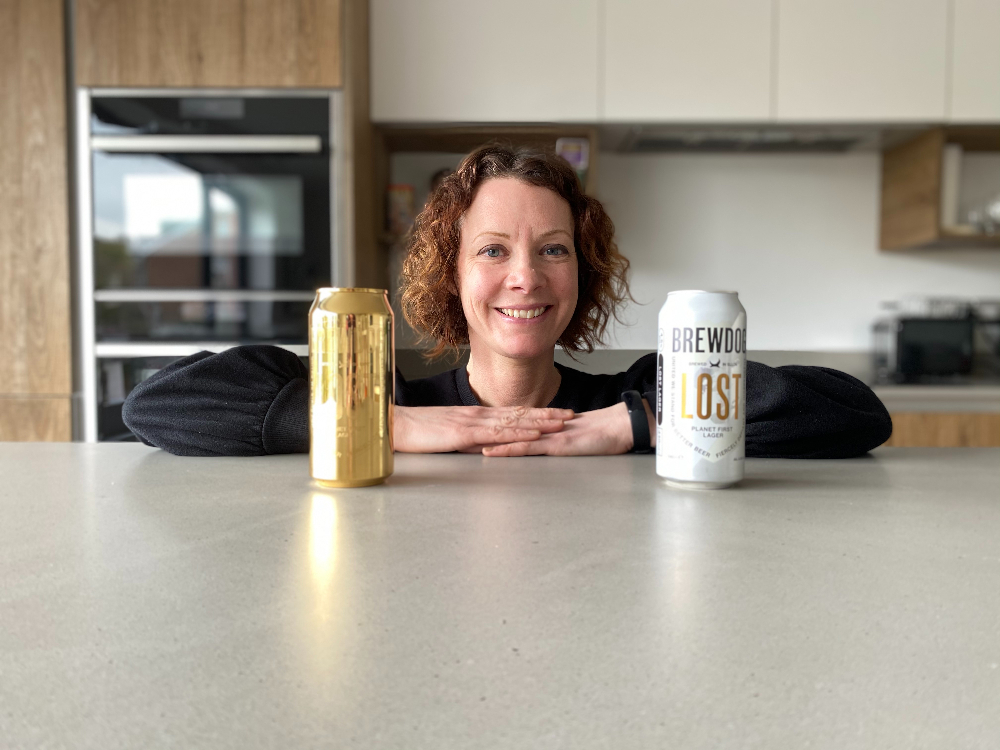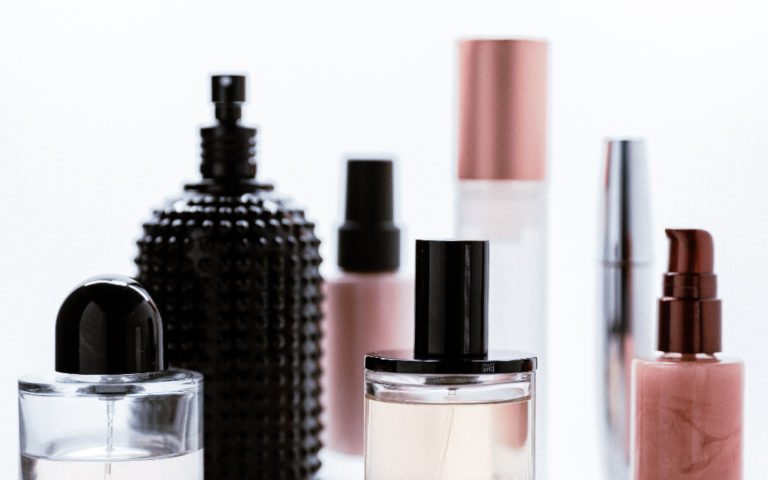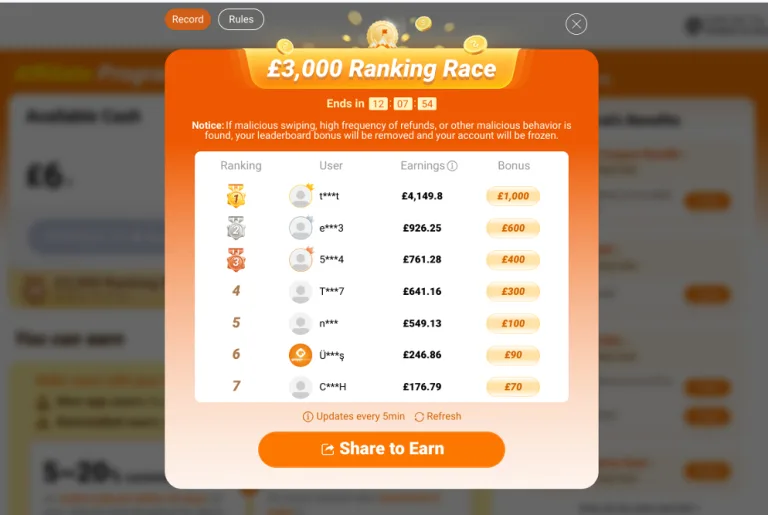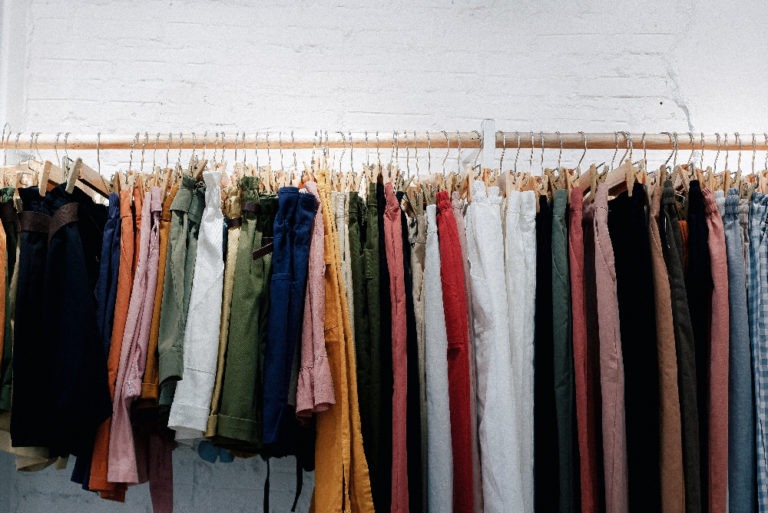How to win competitions: Tips from a professional comper
Money Talk is intended to inform and educate; it's not financial advice. Affiliate links, including from Amazon, are used to help fund the site. If you make a purchase via a link marked with an *, Money Talk might receive a commission at no cost to you. Find out more here.
Are you one of those people who never wins anything? Me too.
I’m not talking about awards though; I’m talking about competitions, with prizes like cars, holidays or even cold hard cash.
Actually, I did once get lucky on that front – at the Virgin Atlantic Christmas party in 2019, I won a pair of tickets to anywhere on their network.
Incredible right? But just as I was deciding where to cash it out, the pandemic hit.
So when I met Di Coke in 2021, I was fascinated to learn that she had basically made entering competitions – or comping as it’s known – into a full time job.
She had so many stories and tips about entering competitions that I thought I’d share a snippet as a Q&A on how to win competitions.
How did you get into comping?
I started entering competitions in the mid 1990s.
I was keen to go to music festivals but wasn’t earning much money as a junior designer, so I started entering postcard competitions in magazines and newspapers to try and win the tickets for free.
Over the next few years I won Glastonbury and Reading tickets every year, and even VIP backstage passes for my friends.
By 1997, the internet was taking off, and as well as sending off my handmade postcard entries, I discovered websites listing online prize draws and judged creative competitions.
Before long, I’d won my first holiday to Dublin, then Iceland, New York, Japan and New Zealand – I’d discovered an amazing cheap way to travel the world.
A few years later, I’d won my dream prize – a VW Beetle!
By 2009, I loved my hobby so much I decided to quit my job and go freelance, so I could start my blog at www.superlucky.me and spread the word about comping.
How many competitions do you enter in a year?
I don’t track the competitions I enter as I consider it to be a waste of valuable comping time – but I’d estimate I enter around 25 comps each day. That would work out at around 9,000 comps a year.
I win around 150 prizes a year, so that means I win about 1-in-60 comps I enter, which is a good hit rate for a comper.
In terms of value, I average about £12,000 of prizes each year – and of course, they are all tax-free.
People assume I’m a full-time comper, but most of my time is spent finding, researching, and writing about competitions at www.superlucky.me and in my Lucky Learners Facebook group, rather than actually entering them – I probably spend less than an hour comping each day.
What’s been your biggest/best prize so far?
My most valuable prize was won in 2021. The prize was advertised as a “solid gold” beer can valued at £15,000, plus £10,000 of shares in Brewdog.
To enter, I had to buy a box of Brewdog Lager at Tesco, then upload a photo of my receipt online.
Purchase-necessary comps are a great source of prizes for me – it can take a little effort to find the products in store, but you won’t be up against as much competition as when you enter a free prize draw.
However, when one of the other winners had the can valued, it turned out it was gold-plated and worth a measly £500 – so he complained to the Advertising Standards Authority (ASA).
Many months later, the ASA officially ruled that Brewdog had misled consumers with the “solid gold” advertising, but Brewdog didn’t care.
I felt frustrated by their attitude, published an angry blog post, and as a result Brewdog finally offered each of the gold can winners £15,000 cash for their prize can.
What are your tips for people who want to get into comping?
First, set up a new email address, and when you enter comps, don’t tick the box to receive further information unless you’re a big fan of the brand. You don’t want your inbox swamped with newsletters and junk mail.
Second, only enter competitions on websites or social media pages of companies and brands you know and trust.
Be vigilant and aware of scams, which can pop up on Facebook, Instagram, in your email inbox or even as text messages. These messages usually have terrible grammar and spelling.
Make sure you check the sender’s email address, or tap the social profile that a winning message has come from. Does it link to a genuine brand page?
If something doesn’t seem quite right, don’t click links and don’t share any personal details.
And finally, create a wishlist of your most wanted prizes to help focus on what you want to win – this can be anything from a cruise or huge TV, to a meal at a local restaurant or cinema vouchers.
Follow relevant brands and regularly use Google and Twitter to search for the prizes you would love to win.
What are the mistakes that new compers always make?
New compers tend to click on ads for “survey” type prize draws, freebie sites or product testing – these websites sell your details on and you’ll be bombarded with spam emails and phone calls.
Too many compers don’t read the rules properly. They misspell a hashtag, forget to tag a friend, or don’t follow the account – if your entry isn’t valid, you won’t be eligible to win.
Prize draws where you need to buy a product in order to enter (see my compers’ shopping list) are much easier to win than free prize draws, but it’s essential that you buy the product and take a photo of your receipt before you enter.
In many cases, you will need to send this to the promoter if you win. Compers have lost out on huge prizes because they entered without buying the product, or lost their receipt. Don’t risk it!
Can you be naturally unlucky?
Whether you’re lucky or unlucky is dependent on your own attitude. So if you have a negative, glass-half-empty attitude, you’re more likely to fail than someone who looks on the bright side of life.
If someone tells me they never have any luck in competitions, I ask them what type of comps they’re entering.
Generally, the response will be ‘“The £2 text comps I see on ITV and hear on the radio”, or “the competitions listed on The PrizeFinder website”.
These are the well advertised competitions that get hundreds of thousands of entries, so it’s no wonder these people aren’t winning.
Lucky people will be looking out for lower-entry competitions everywhere – on their social media feed, in supermarkets, at bus stops, in local shops and magazines.
They’re alert and open to trying new things, whether that’s calling up a radio station, buying a promotional product, taking a fun selfie or asking another comper if they want to meet for coffee.
As with anything in life, if you want to succeed, you have to put the effort in and actively look for opportunities – and that’s what “lucky” people tend to do.
Read this: Savings accounts with a prize draw
Has the pandemic changed comping?
Prizes have changed a lot since the pandemic. Holiday prizes used to be top of everyone’s wish list, but instead we’re seeing lots more cash, voucher and gadget prizes.
Throughout 2021 it was all about winning huge TVs, games consoles – and also Fitbits and bikes. These are all prizes that are easily sourced and fulfilled.
Many promoters are still struggling to fulfil ticket, event and holiday prizes from before 2020, so they’re playing it safer now.
The holiday prizes that are starting to pop up are more likely to be flexible vouchers valid for a couple of years rather than a luxury holiday with a defined schedule.
In terms of the competition formats, during lockdown there were lots of “feelgood” promotions where you had to nominate a friend or key worker to win a prize, and we’re still seeing plenty of those now.
Plus, brands love to run “sharing” comps, where the winner gets a prize for a nominated friend too.
And of course, a lot of people discovered the joys of comping during the lockdowns – a great free hobby to do from home. But not many new compers have the patience and dedication to stick with it for more than a few months.
Pin this for later







